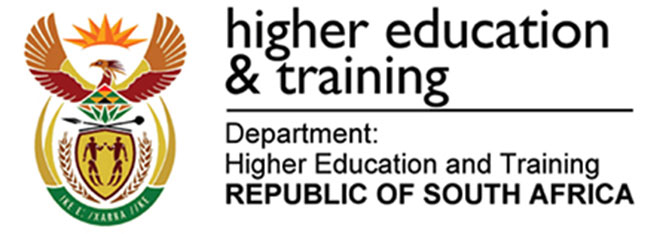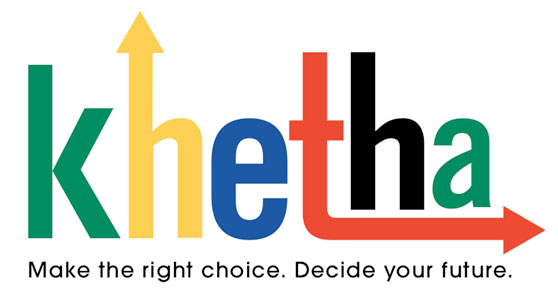It has been acknowledged that it is difficult for people living with disabilities to have access to career related information more especially on PSET opportunities for lifelong learning, education and employment once they exit the schooling system.
It is therefore crucial for Career Practitioners to be adequately equipped with information which enables them to provide proper advice and guidance to the clients living with disabilities. Like all the clients without disabilities, people living with disabilities also have rights to enjoy equal opportunities and to participate fully in the economy of the country.
Career Practitioners should first understand the type of disability the clients have in order to provide proper assistance.
What type of information should be provided to clients with disabilities?
Clients with disabilities should be informed about their rights, it should not be taken lightly that all of them know their rights, some do not and therefore awareness in that area is important. The following information should also be shared with them:
TVET Colleges – All the relevant information on course offerings, competency assessment, how to apply, when to apply, admission requirements, Student Support Services (SSS) and financial support at TVET Colleges.
Community Education and Training (CET): Most children living with disability enter the schooling system much later than children living without disability, therefore it is advisable to share the CET information with them. CETs provide learning opportunities to adults from basic literacy to matric (in the form of Senior Certificate (Amended), people with disabilities are also accommodated at these colleges.
Public Universities and Universities of Technology: Career Practitioners should explain the difference between traditional universities and universities of technology so that the clients with disabilities can make informed decisions. These institutions of higher learning provide support to students with disabilities through their student SSS office. However, institutions need to be informed about the students’ disabilities so that they can prepare for their education needs when they arrive at the institution.
Funding: Students with disability should be informed about NSFAS bursary other private bursaries, scholarships and loans offered by various institutions such as banks.
Private PSET institutions and training sector: Clients should be informed about the private institutions of higher learning and colleges, how to check if these institutions are registered and the accreditation of their courses. They should also be informed about the skills programmes, learnerships and apprenticeships offered through TVET colleges in partnership with private providers.
Non-Governmental Organisations (NGOs): In South Africa there are various helpful NGOs offering assistance and rehabilitative training which clients should be made aware of.
Question for discussion:
- When dealing with clients with disability, what kind of information would you need to assist them, and how would you go about it?
For more information on how to assist people with disability refer to this link: https://www.careerhelp.org.za/information_hub/when-advising-people-disability
If you want to contact Career Development Services (CDS) refer to the contact details below:
Telephone: 086 999 0123
Please call me / sms: 072 204 5056
Fax: 012 323 1138
Email: careerhelp@dhet.gov.za
Website: www.careerhelp.org.za
National Career Advice Portal (NCAP): http://ncap.careerhelp.org.za/
Facebook: www.facebook.com/careerhelp
Compiled by Ntsoaki Kala

